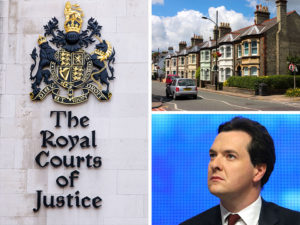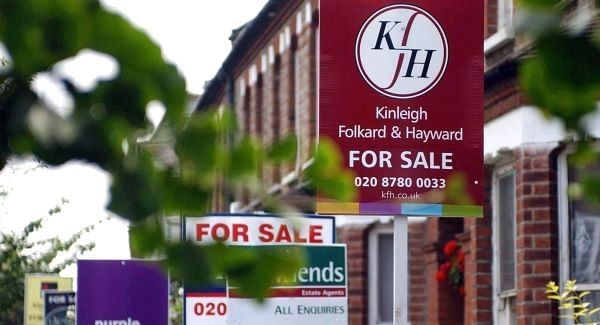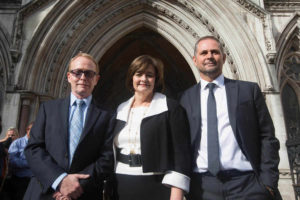Increasing numbers of landlords are using a tax loophole to avoid buy-to-let tax changes announced by former Chancellor George Osborne in 2015. Under the rules set to be introduced next year, private landlords face restrictions on their ability to offset mortgage interest payments against tax bills.
However, the new rules will not apply to landlords who invest through a company rather than as an individual. Accordingly in anticipation of the changes, 63 per cent of applications for landlord loans are now being made through limited companies, up from 21 per cent before the announcement was made. Many landlords are also setting up companies and selling their existing properties to them.
According to Chief Operating Officer Steve Olejnik of the mortgage brokering firm, Mortgages for Business, the number of landlords using limited companies will rise since it will be “more tax efficient for the majority to buy property.” Investors who hold properties in limited companies will continue to benefit from tax relief and will be able to write off all costs of running buy-to-let properties (including mortgages) as ‘allowable expenses.’ Incorporation would therefore effectively circumvent the rate relief restrictions.
Furthermore, despite having to pay stamp duty at the increased rate, incorporated landlords would be eligible to pay just 20 per cent corporation tax on profit as opposed to up to 45 per cent income tax if the buy-to-let were operated by an individual. Incorporated landlords would also benefit from more relaxed affordability checks compared with individual landlords since since lenders will take into account the fact they will still benefit from tax relief.
The increase in landlords registering as companies comes following the successive failure of legal and Parliamentary challenges against former Chancellor George Osborne’s restrictions on the amount of tax relief private landlords will be able to claim on mortgage interest outlined in last year’s summer budget.


